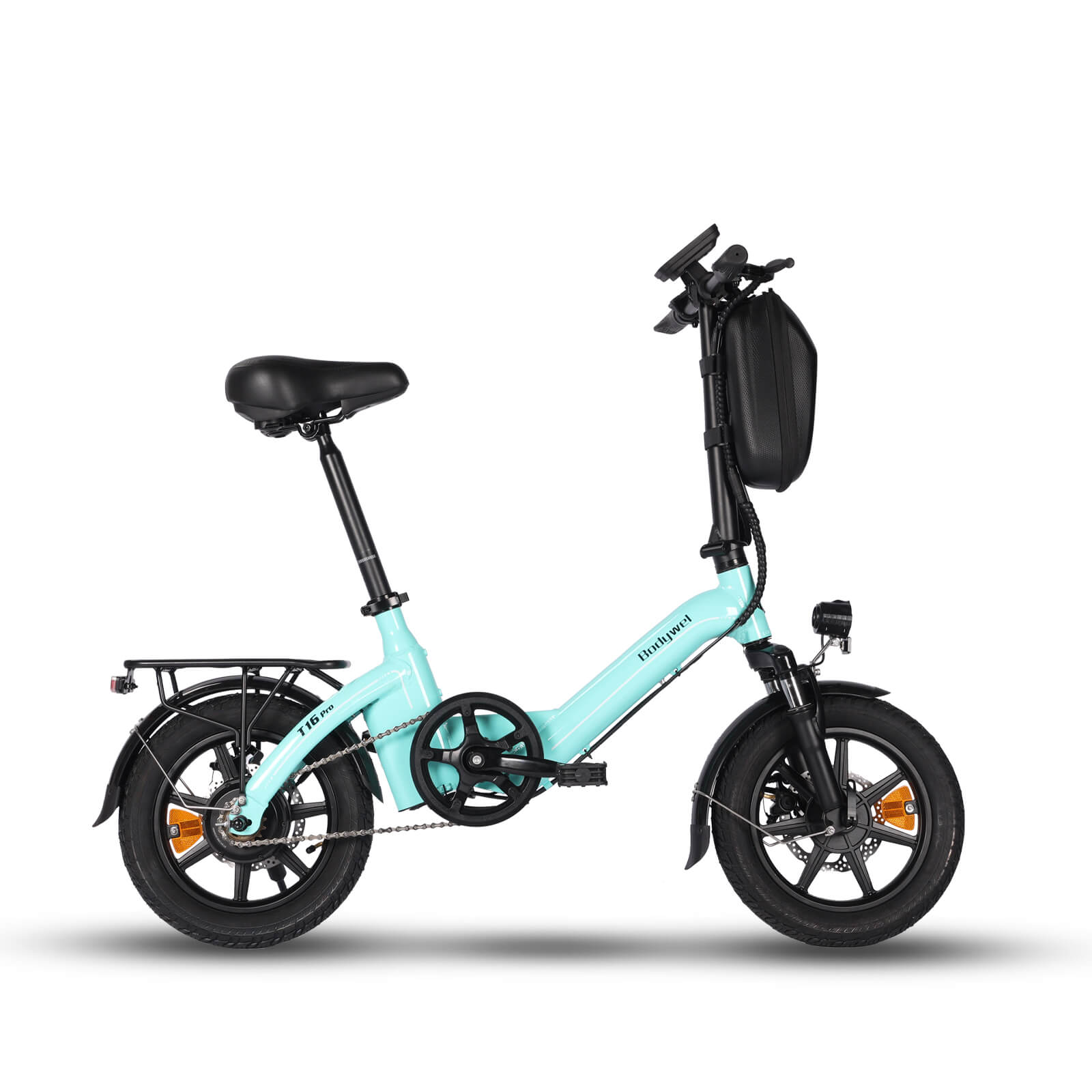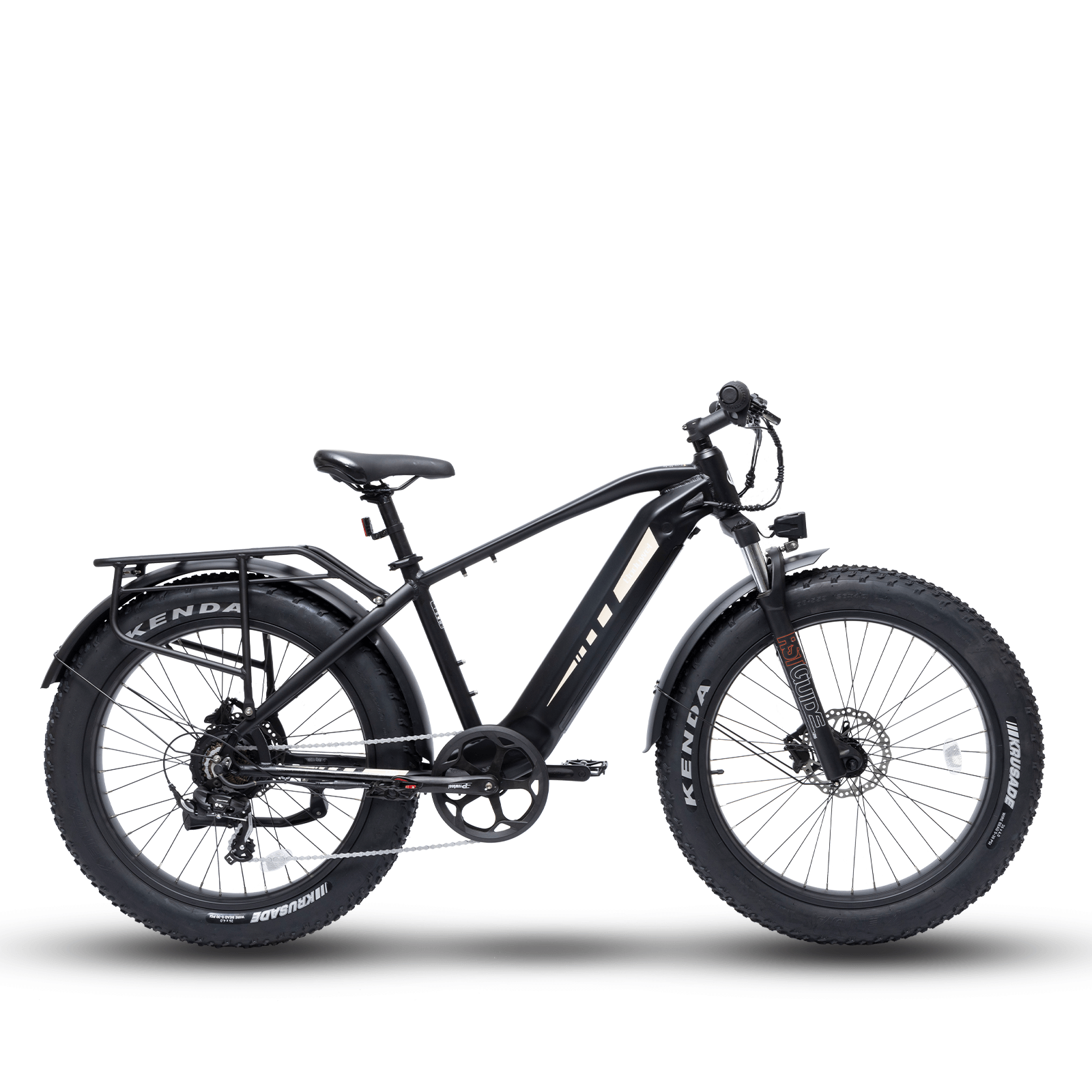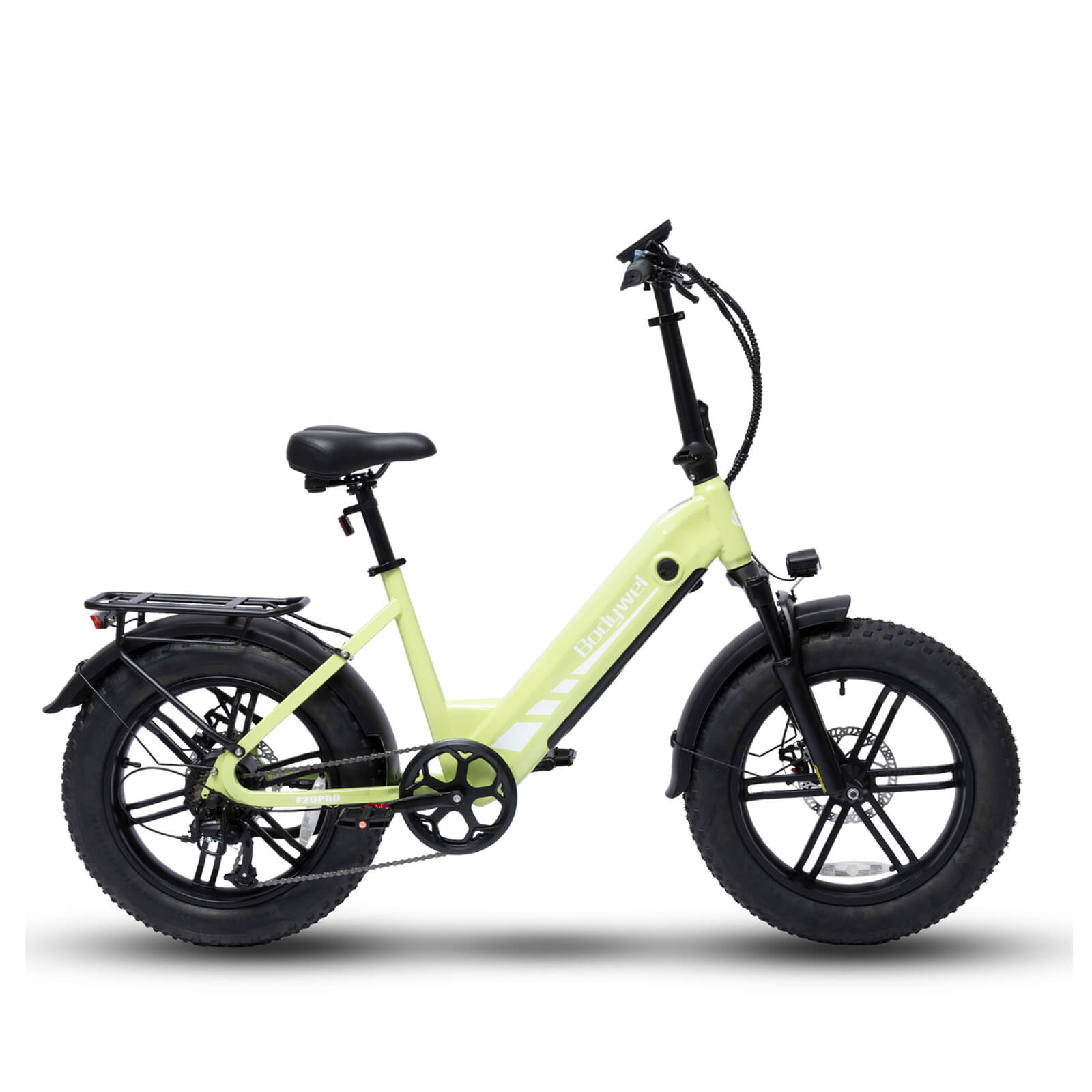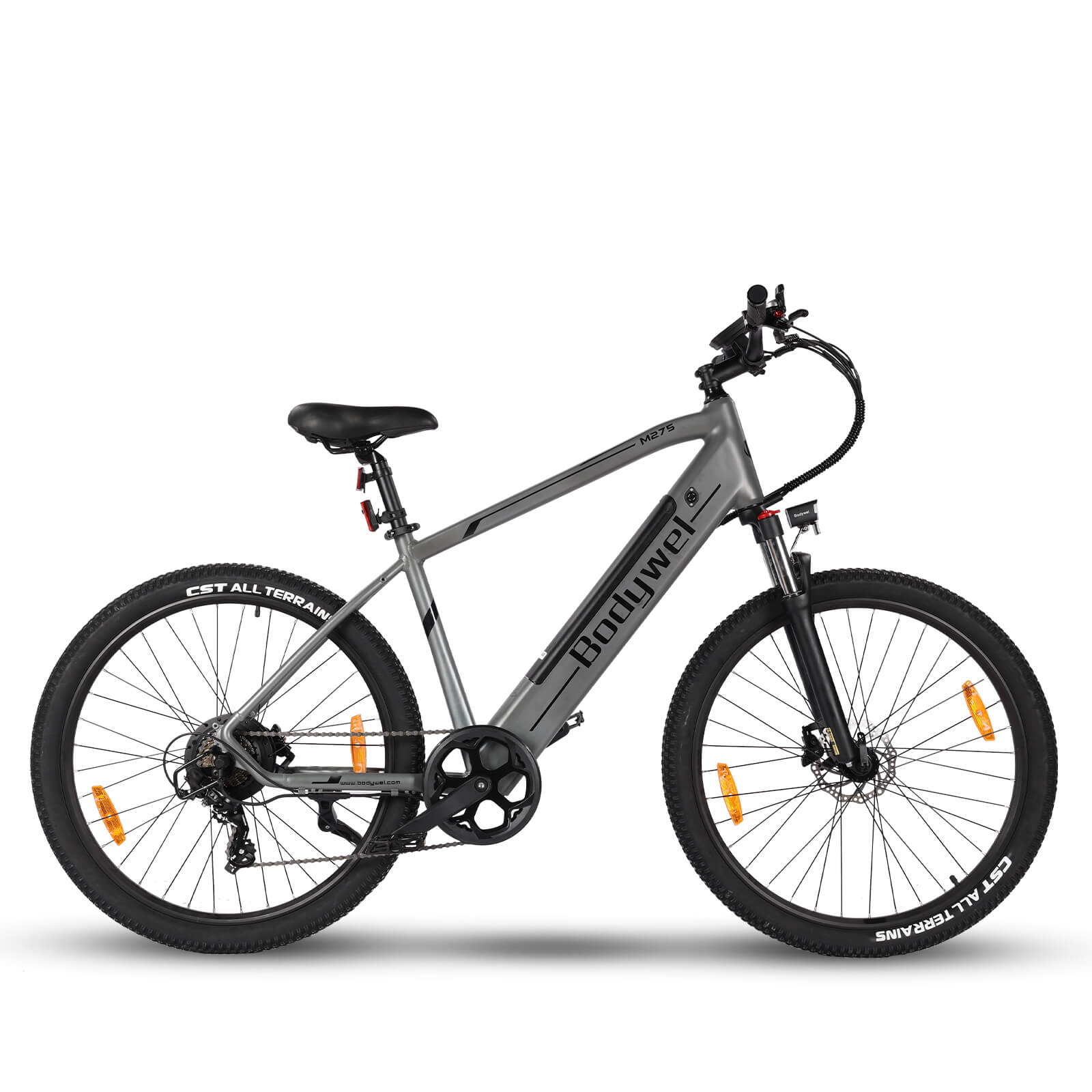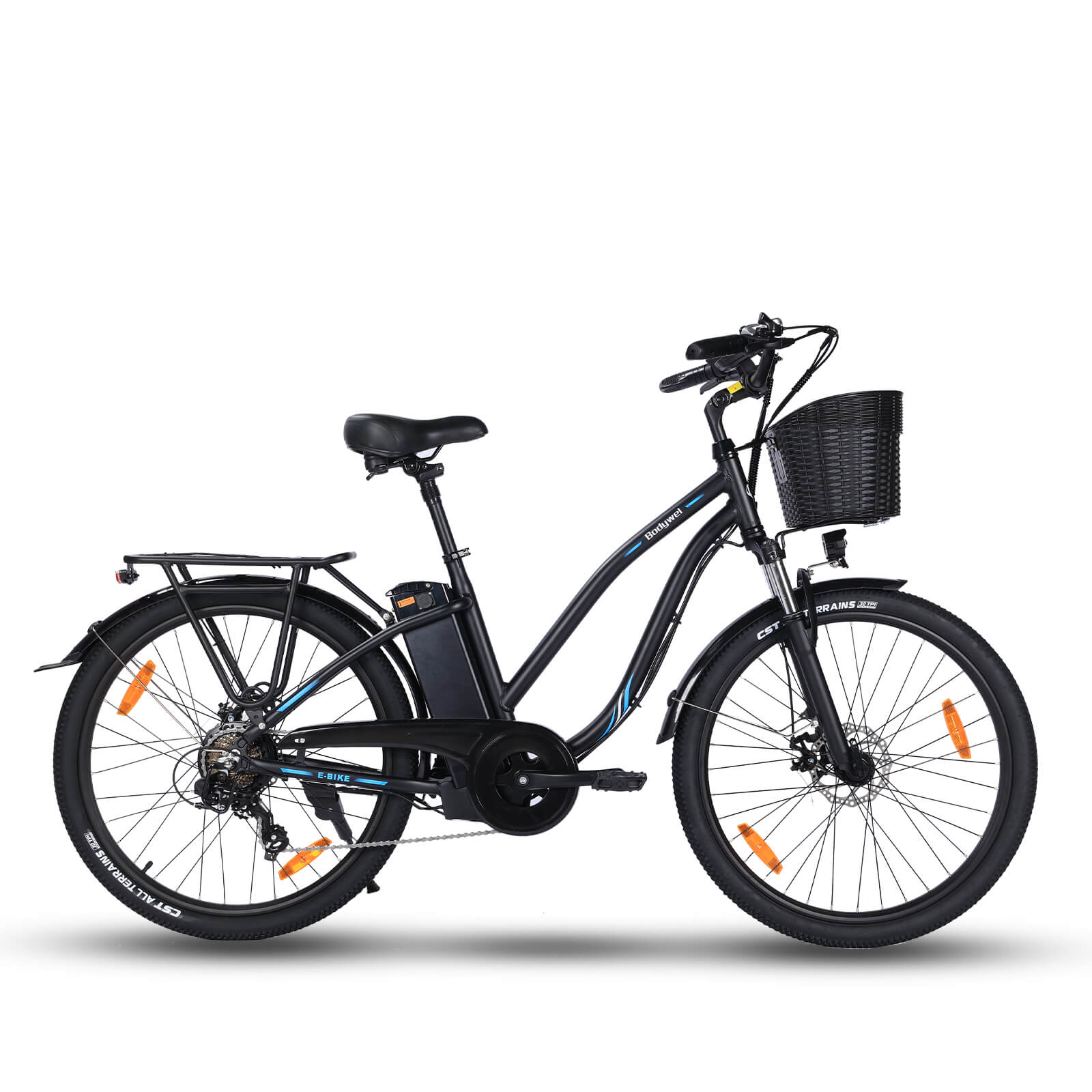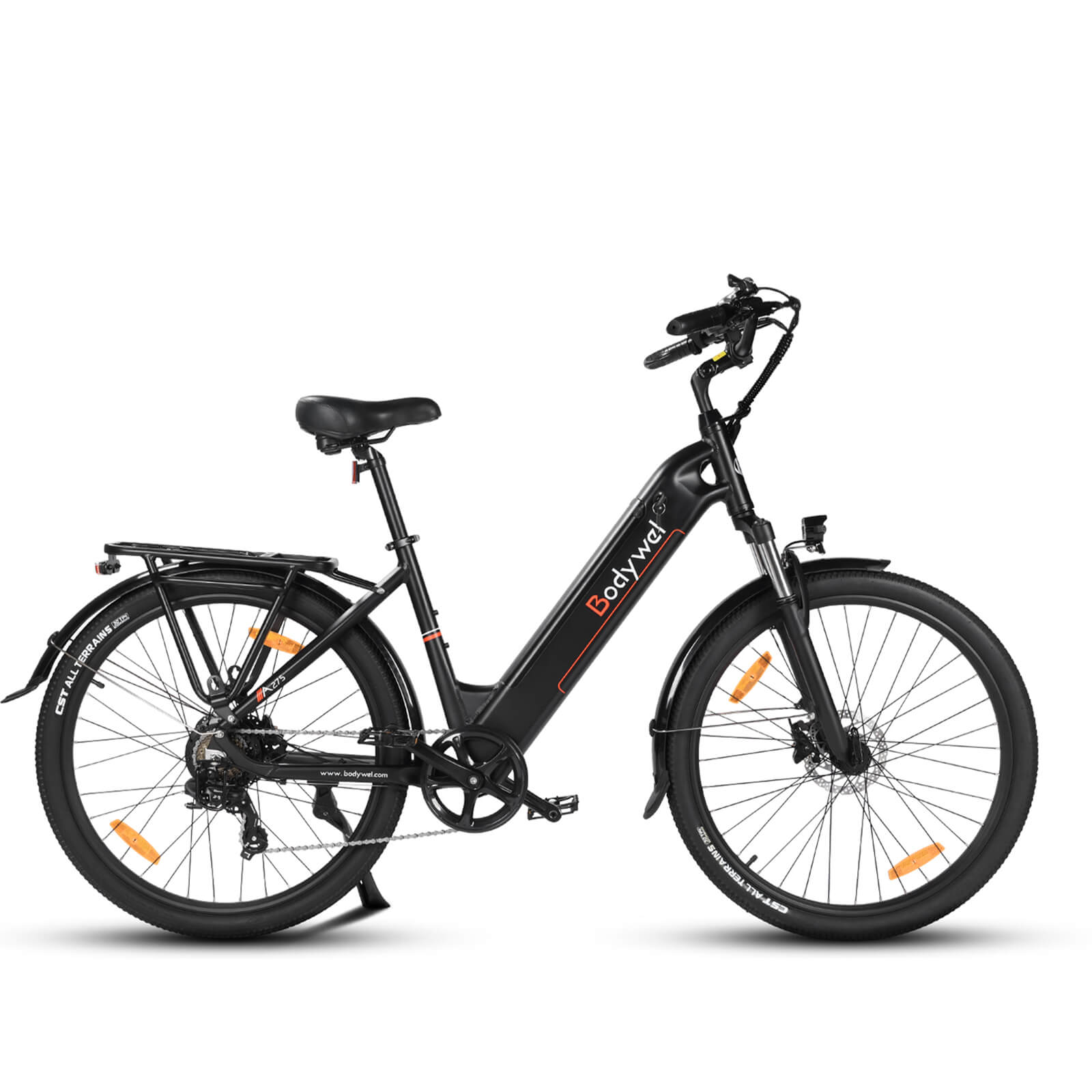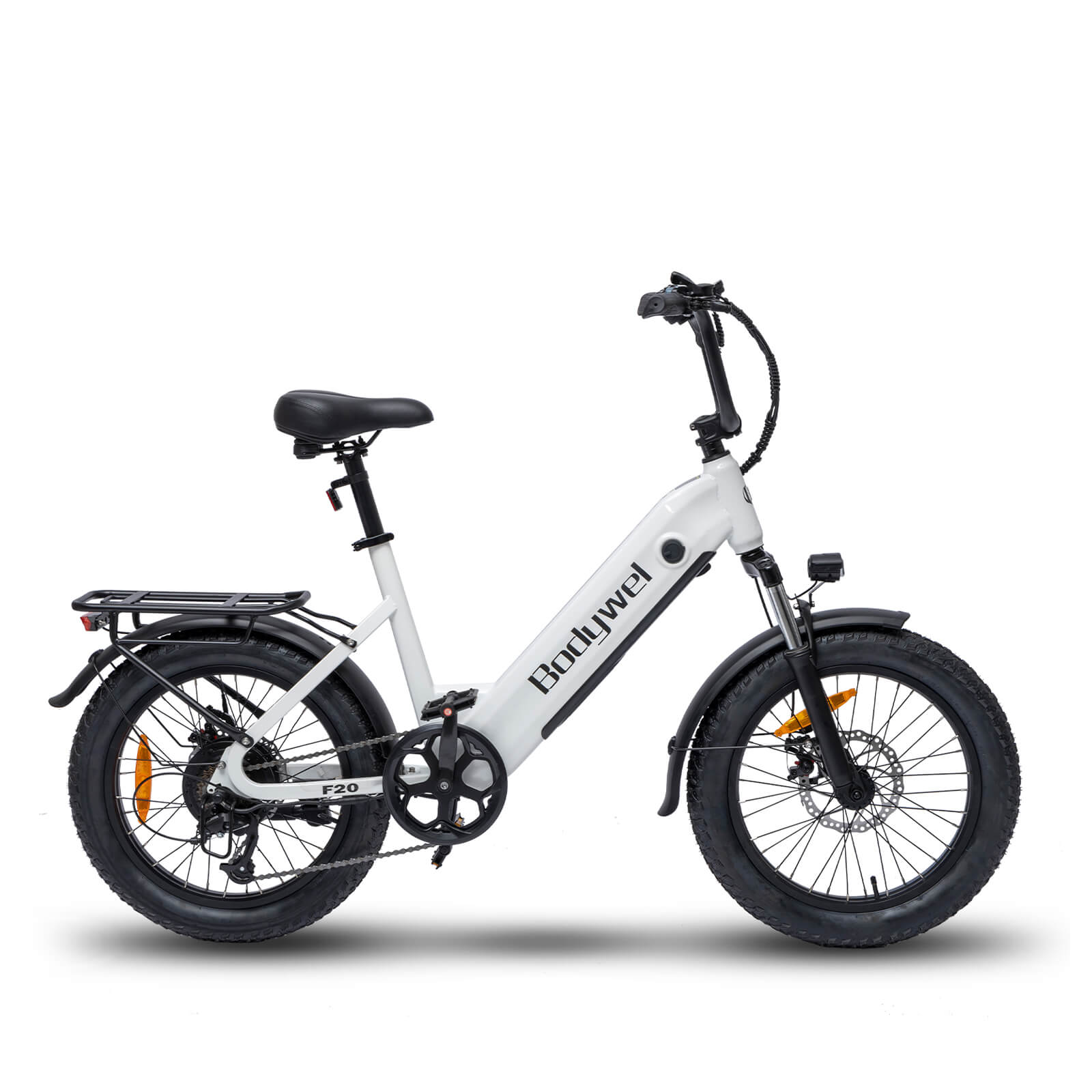Rower Fido: 5 essentiële tips voor fietsen met uw hond

Rower Fido: Veilige en plezierige fietstochten met uw trouwe viervoeter
Fietsen met je hond, vaak "roeierhond" genoemd, combineert buitenavontuur met een band opbouwen. Deze gids bevat vijf essentiële tips om veiligheid, comfort en plezier te garanderen voor jou en je huisdier tijdens fietstochten.
1. Beoordeel de conditie van uw hond
Voordat u met uw hond op de fiets stapt, moet u zijn of haar fysieke conditie beoordelen. Energieke rassen, zoals bordercollies of labradors, zijn vaak uitstekende fietsmaatjes. Brachycefale rassen (zoals bulldogs) of oudere honden kunnen echter moeite hebben. Raadpleeg uw dierenarts om te controleren of uw huisdier langdurige inspanning aankan.
2. Kies de juiste uitrusting
Investeren in de juiste uitrusting is cruciaal voor veilig fietsen met de hond. handsfree riemsysteem of een fiets gemonteerde hondendrager voorkomt klitten en zorgt voor controle. Voor grotere honden kunt u een Springer-bevestiging, die schokken absorbeert en spanning vermindert. Gebruik altijd een goed passend tuig in plaats van een halsband om de luchtpijp van uw hond te beschermen.
3. Train voor fietsgezelschap
Geleidelijke training helpt honden wennen aan fietsen. Begin met korte wandelingen naast je fiets, waarbij je rustig gedrag beloont. Bouw dit op naar langzame ritten in gebieden met weinig verkeer, waarbij je commando's zoals "links" of "rustig" gebruikt om de beweging te sturen. Consistentie versterkt positieve associaties, waardoor langere ritten voor jullie beiden plezierig worden.
4. Plan hondvriendelijke routes
Kies paden met zachte ondergrond (bijv. zandpaden of gras) om de poten van uw hond te beschermen. Vermijd hete bestrating, die brandwonden kan veroorzaken, en geef in de zomer de voorkeur aan schaduwrijke plekken. Websites zoals Trailforks bieden filters voor huisdiervriendelijke routes, zodat u verzekerd bent van een stressvrije ervaring.
5. Controleer de omstandigheden en hydratatie
Honden raken sneller oververhit dan mensen. Neem een opvouwbare waterbak mee en geef hem elke 15-20 minuten wat te drinken. Let op tekenen van uitputting, zoals overmatig hijgen of achterblijven. Kies bij extreem weer voor kortere ritten of alternatieven binnenshuis, zoals trainen op een loopband.
Door deze richtlijnen te volgen, kunnen "roeier-fido"-avonturen een lonende routine worden. Geef prioriteit aan veiligheid, pas je aan de behoeften van je hond aan en verken samen verantwoord de natuur.
0 comments




